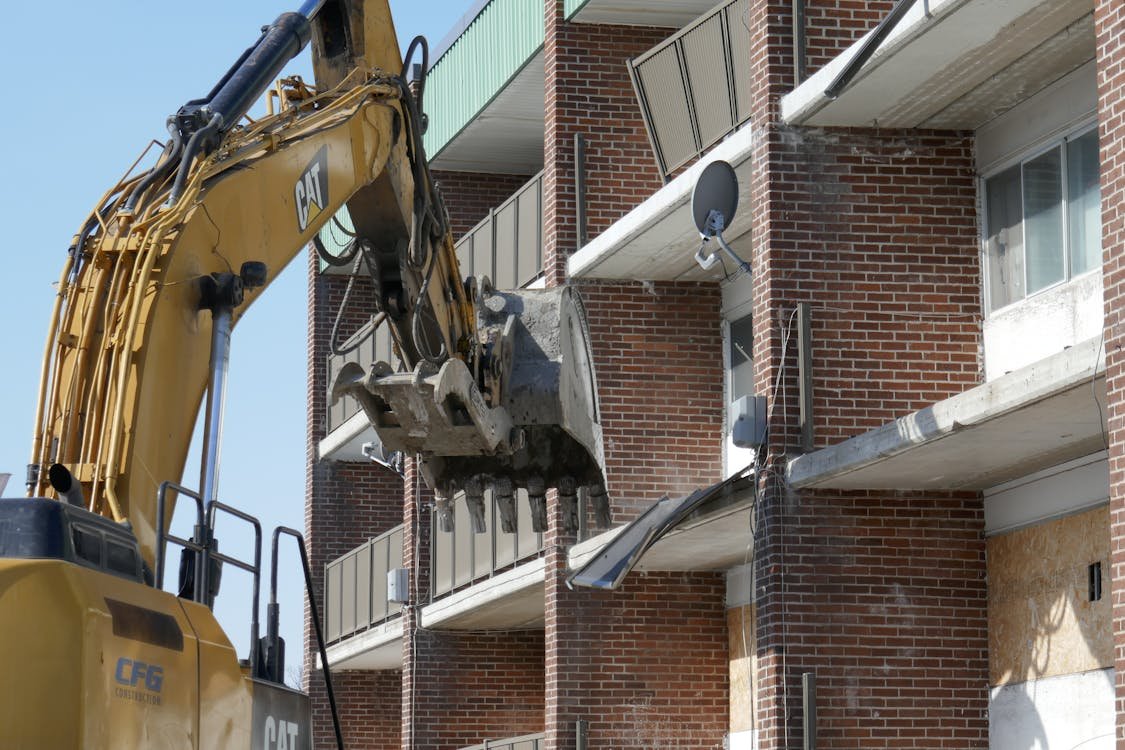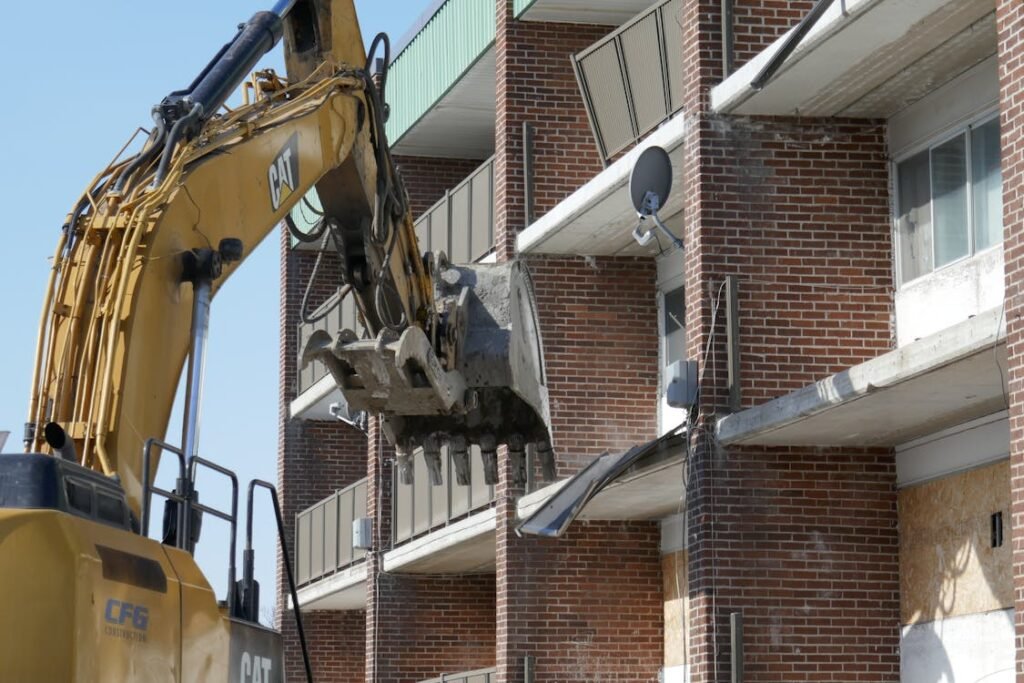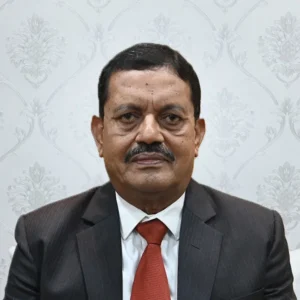
The Supreme Court of India Rules Against “Bulldozer Justice”
On November 13, 2024, the Supreme Court of India issued a historic decision declaring “bulldozer justice” unlawful. The court underlined that the Indian constitution’s fundamental rights are violated when demolishing properties without following the required processes.
In India, there is a growing trend in which local officials often destroy the houses and businesses of accused persons or their families as retribution. In fact, “Bulldozer justice” has gained appeal, particularly after riots, protests, or alleged illicit activity.
Supreme Court Enforces Due Process in Demolitions
The Supreme Court has imposed strict restrictions on demolition as an administrative tool. Before destroying the affected people’s property, the court mandated that authorities give them at least 15 days’ notice. According to the ruling, officials who carry out arbitrary or excessive demolitions may be held personally liable.

The court emphasized a crucial rule: The executive branch should stay within the bounds of judicial responsibilities. It stressed that only the judiciary can decide cases and impose penalties. It clarified that collective punishment aimed at an accused person’s family or community is unlawful in India.
India’s commitment to due process and the rule of law is reaffirmed by this ruling. By limiting demolitions as a punitive tool, the court hopes to stop their abuse as a kind of political retaliation against marginalized communities.
A Win For Individual Rights
Legal experts have primarily hailed the ruling as a win for individual rights. It is a “decisive win for the rule of law and the protection of fundamental rights,” according to prominent Supreme Court attorney Aishwarya Bhati, who emphasized that it makes it abundantly evident that wilful damage of property, even in the name of law enforcement, would not be accepted.
The verdict carries significant implications for urban planning and development in India. Demolitions often impact vulnerable groups and informal settlements, highlighting deficiencies in a system that fails to prioritize inclusive urban policy. The Supreme Court’s ruling may necessitate reassessing existing policies to foster more equitable solutions that honor the rights and dignity of all individuals.
Implementing the court’s directives will be crucial moving forward. The judiciary will be pivotal in holding officials accountable for violations. At the same time, activists and legal experts will monitor the actions of local authorities to ensure compliance with the new regulations.
The Supreme Court’s “bulldozer justice” decision is a significant win for India’s human rights defense. The court has demonstrated its dedication to defending the fundamental liberties protected by the Indian constitution by emphasizing the importance of due process and restricting the use of demolitions. This decision marks a significant turning point in the ongoing struggle to preserve the rule of law and promote social justice in the world’s largest democracy.






